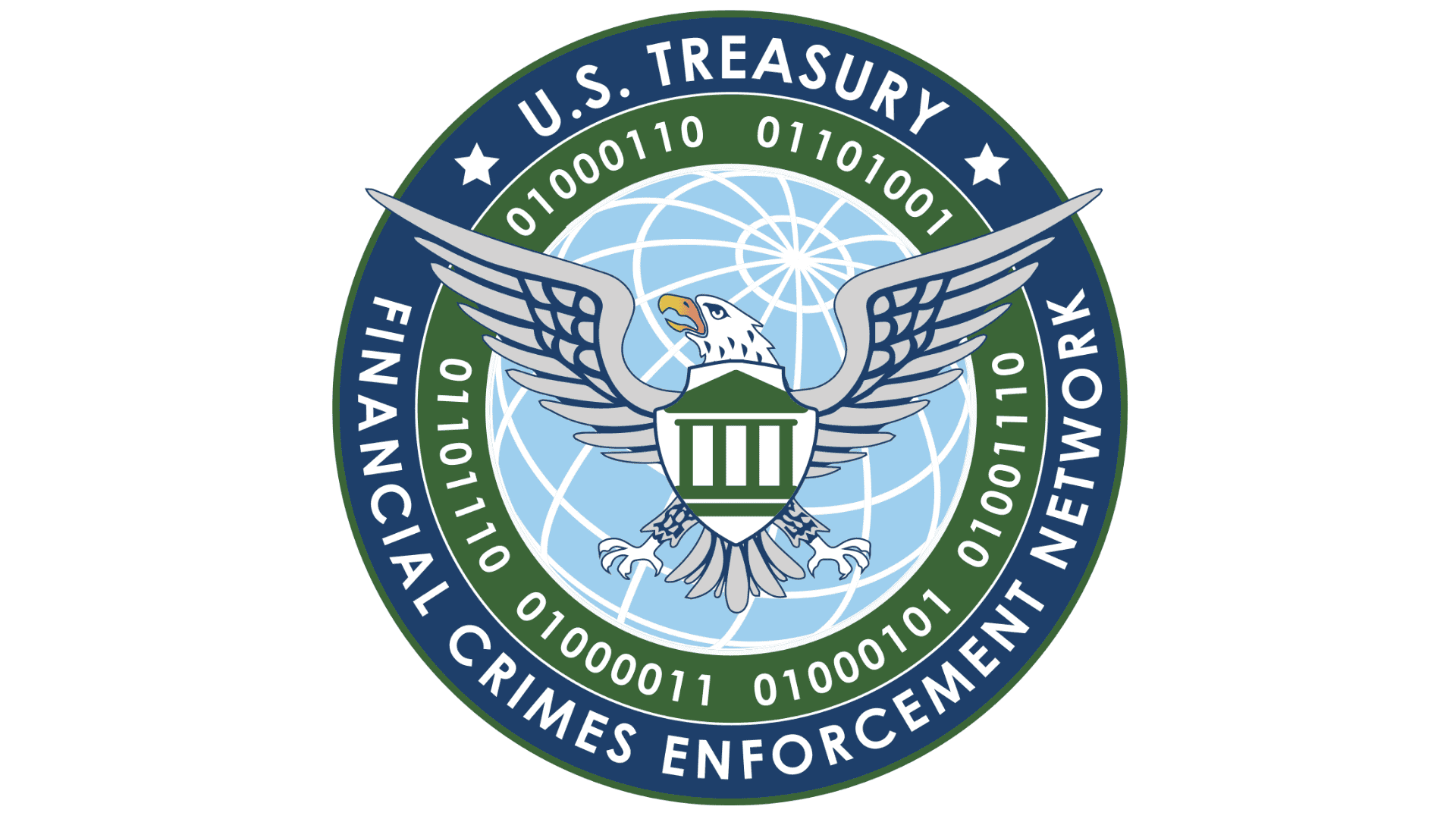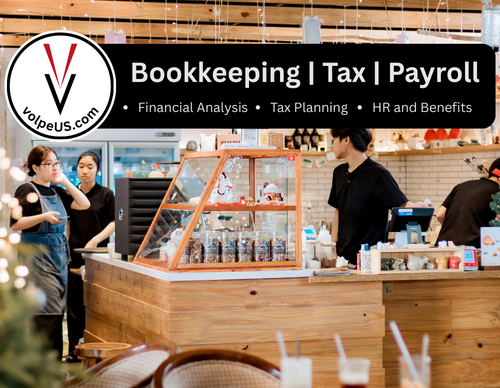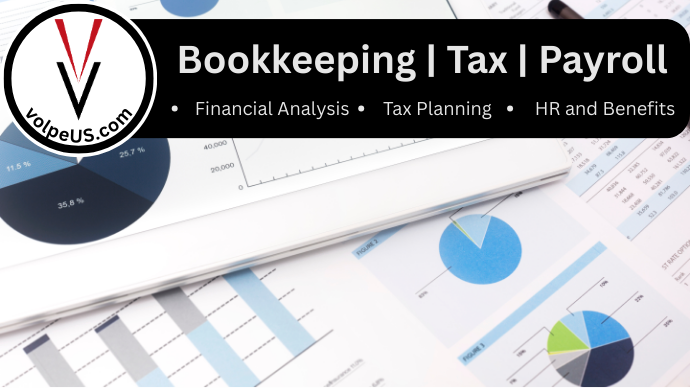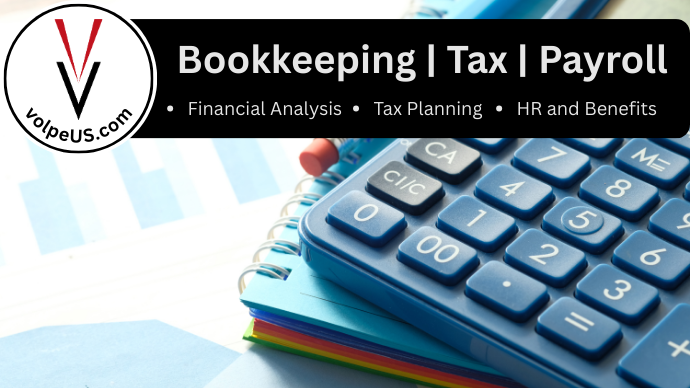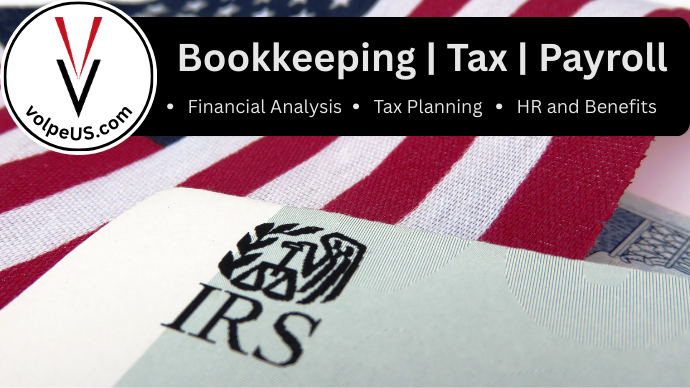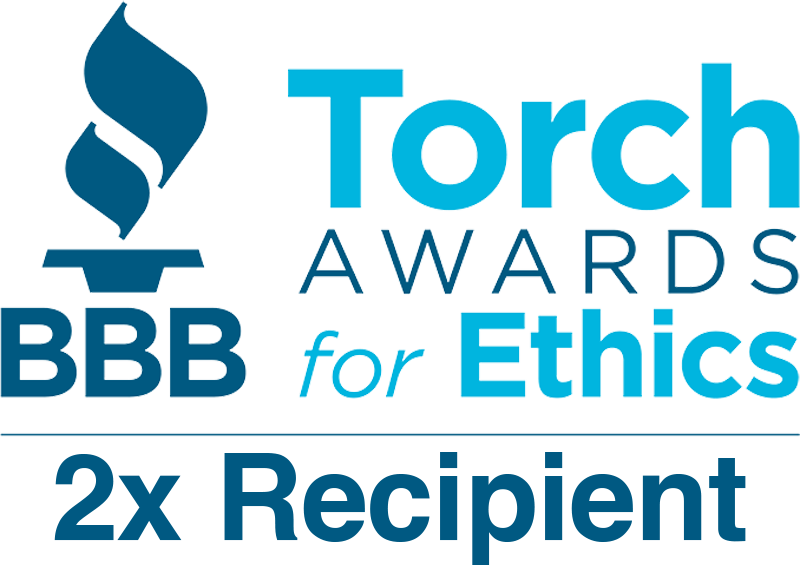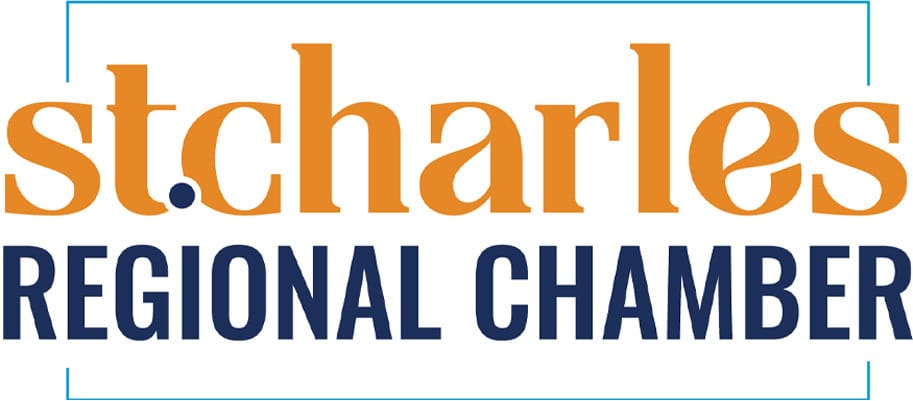Jump to a Specific Section
What is Beneficial Ownership Information (BOI)?
Beneficial Ownership Information (BOI) refers to the details of individuals who own or control a company. BOI reporting is a fairly simple process of disclosing to the government information about the owners and controllers of a company.
The purpose of collecting BOI is to enhance transparency in business operations and to combat financial crimes, including money laundering, terrorist financing, and tax evasion.
This requirement is a critical component of the Corporate Transparency Act (CTA), enacted as part of the Anti-Money Laundering Act of 2020.
Who Needs to Report BOI?
The BOI reporting requirements apply to any individual who owns at least 25% of a company, whether they actively work in the business or not. This includes passive investors or silent partners.
The CTA defines a beneficial owner as an individual who meets any of the following criteria:
- Ownership Interest: Directly or indirectly owns 25% or more of the equity interests of the entity.
- Substantial Control: Exercises substantial control over the entity, such as directors, officers, or others with control over important company decisions.
Who Has to File and Who Doesn’t
Who Must File:
- Corporations
- Limited Liability Companies (LLCs)
- Other similar entities created or registered to do business in the U.S.
- Beneficial Owners:
- Individuals who own 25% or more of the entity.
- Individuals who exercise substantial control over the entity.
Who Doesn’t Have to File BOI Reporting:
Large Operating Companies:
- More than 20 full-time employees.
- Over $5 million in gross receipts or sales.
- Operating presence at a physical office within the U.S.
Regulated Entities:
- Banks
- Credit Unions
- Investment Advisors
- Insurance Companies
- Publicly traded companies
Inactive Entities:
- In existence for over one year.
- Not engaged in business activities.
- Do not hold any assets.
Certain Trusts:
- Depending on specific structures and purposes.
Governmental Authorities:
- Entities established under government authority or certain governmental functions.
Why is BOI Reporting Required?
BOI reporting aims to create a transparent corporate environment by ensuring that authorities can access information about who owns and controls businesses operating within the United States. This transparency serves multiple purposes:
- Combat Financial Crimes: By knowing who controls and benefits from a company, law enforcement can more effectively investigate and prevent financial crimes.
- Enhance National Security: Preventing anonymous companies from operating within the U.S. helps safeguard national security by hindering terrorist financing.
- Promote Economic Stability: Transparent business operations foster a fair and stable economic environment, enhancing investor confidence and economic integrity.
Deadlines and Due Dates for BOI Reporting
The deadlines and due dates for BOI reporting vary based on the entity’s status (newly formed or existing) and changes in beneficial ownership:
- Newly Formed Entities
- Existing Entities
- Changes in Beneficial Ownership
Key BOI reporting dates:
- FinCEN began accepting BOI reports on January 1, 2024
- Existing businesses created or registered before January 1, 2024, have until January 1, 2025 to file
- New businesses created or registered on or after January 1, 2024, have 90 days from the earlier of the creation date or effective registration date
- New businesses created or registered on or after January 1, 2025, have 30 days from the earlier of the creation date or effective registration date
Forms Used for BOI Reporting
The Financial Crimes Enforcement Network (FinCEN) is responsible for receiving and maintaining BOI. The forms and methods for BOI reporting are designed to be straightforward to ensure compliance:
- FinCEN Form 112: This is the primary form used for submitting BOI. Entities must provide detailed information about their beneficial owners, including full legal names, dates of birth, residential or business addresses, and identification numbers from government-issued IDs.
- Electronic Submission: BOI reports can be submitted electronically through FinCEN’s online portal, ensuring secure and efficient processing of information.
How and Where to Report BOI
Entities required to report BOI must do so through FinCEN’s electronic filing system. The steps are as follows:
- Create an Account: Entities must create an account on FinCEN’s online portal.
- Complete FinCEN Form 112: Fill out the form with accurate and complete information about each beneficial owner.
- Submit Electronically: Submit the completed form electronically through the portal. FinCEN will provide confirmation of receipt and processing.
Beneficial Ownership Information Filing Process
Each filing is done per company, not per person. However, within each company’s filing, the entity must report information on all individuals who meet the criteria of beneficial ownership:
- Full Legal Name
- Date of Birth
- Residential or Business Street Address
- Identification Number
- from a passport, driver’s license, or other government-issued identification
For example, if Company ABC has three beneficial owners:
- Owner A: 30% ownership
- Owner B: 25% ownership
- Owner C: Substantial control but no ownership
Company ABC would file one report including detailed information for Owners A, B, and C.
Fines and Penalties for Non-Compliance
Failure to comply with BOI reporting requirements can result in significant fines and penalties. These are designed to enforce compliance and ensure the integrity of the reporting system:
- Civil Penalties: Entities that fail to file accurate and timely BOI can face civil penalties. These fines can accumulate daily until compliance is achieved.
- Criminal Penalties: Willfully providing false information or failing to report BOI can lead to criminal charges. Penalties may include substantial fines and imprisonment for responsible individuals.
- Specific Penalties:
- Failure to File: Civil penalties of up to $500 per day for non-compliance.
- Willfully Providing False Information: Criminal fines up to $10,000 and imprisonment for up to 2 years.
BOI Compliance Tips
To ensure compliance with BOI reporting requirements, entities should consider the following tips:
- Regularly Review Ownership Information: Maintain accurate records of beneficial ownership and review them regularly to ensure they are up to date.
- Timely Updates: Report any changes in beneficial ownership within the required 30-day period.
- Legal and Compliance Support: Consult with legal and compliance professionals to understand specific obligations and ensure adherence to reporting requirements.
- Use Compliance Software: Consider using specialized compliance software to streamline the reporting process and manage deadlines effectively.
BOI Reporting in a Nutshell
The introduction of Beneficial Ownership Information (BOI) reporting under the Corporate Transparency Act represents a significant step toward increasing corporate transparency and combating financial crimes in the United States.
By understanding the requirements, deadlines, and penalties associated with BOI reporting, entities can ensure compliance and contribute to a transparent and secure business environment.
For further information and updates on BOI reporting, entities should regularly consult the FinCEN website and seek professional advice to navigate the complexities of compliance.


